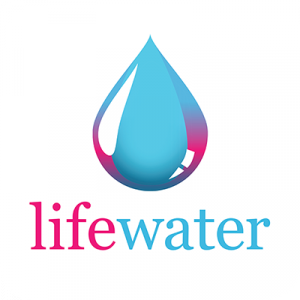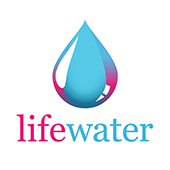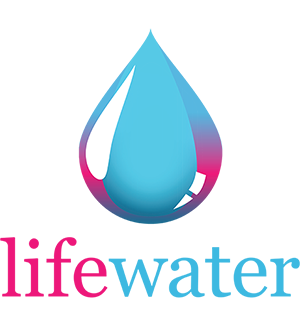Frequently asked questions
Frequently asked questions
Lifewater has supporters all around the world and over the years we have been asked a lot of questions about our water purification kits and our charity water projects. Take a look at the frequently asked questions below and feel free to get in touch with our team.
The World Health Organisation estimates that 840 million people worldwide do not have access to safe drinking water. That’s close to 1 billion people!
You can get involved as an individual, school, business or community supporting one of our water projects. There are many ways to get involved including, one-off donations, regular giving and sponsoring specific projects. Your generous support enables us to continue to provide clean and safe drinking water to those in need.
In developing nations most rural locations have little prospect of receiving treated piped water in the foreseeable future. Therefore, other sources of fresh water are used – lakes, rivers, swamps – but these are shared by both humans and livestock. The result is the water is easily contaminated by water-borne bacteria and parasites. Even wells and boreholes can become contaminated during the rainy seasons especially when located in proximity to local village housing. Although most governments in developing nations would encourage boiling water before drinking it, the time and cost of this practice often means that water is consumed without any treatment whatsoever. Explore some of the global challenges.
Water-borne diseases cause very serious health issues which, if untreated, can be fatal. Children and the elderly are most often at risk. Due to the high cost of buying wood or charcoal to boil water for drinking, many families consume untreated water leading to life-threatening diseases. Water-borne diseases in many African countries are endemic, especially in the rainy seasons. Learn more about water-borne diseases.
A. The most common water-borne diseases are cholera, typhoid, dysentery and bilharzia – these are all bacterial or parasitic disease-. Water-borne diseases often cause diarrheal illnesses which if untreated can be fatal. In fact, water-borne diseases account for 1.8 million deaths a year. Learn more about water-borne diseases.
The truth is that many developing nations are heavily impacted by disease outbreaks caused by drinking contaminated water. Lifewater has seen this first-hand in several African nations, and in other parts of the world, where we partner with other aid agencies.
It is possible to convert salt water into drinking water using a technique called reverse osmosis. However, it is very expensive to treat water in this way on a large scale. Freshwater sources such as reservoirs, lakes, rivers or watering holes are more commonly used for drinking water.
Statistics vary from organisation to organisation, but an average recommendation would be around 2.5 litres of water per day. Therefore, a typical rural African family of 6-8 members would consume 15-20 litres per day. Imagine the time and cost of having to boil that much water per day.
Lifewater water purification systems provide clean and safe drinking water to families for up to two years of continuous use, costing just pennies per day per person. For schools, this is one year of continuous use. Our indigenous teams regularly monitor locations where Lifewater projects have been held, advising families, schools and health centres as to when the ceramic filters need replacing. Replacement filters are available to communities at a heavily subsidised price, made possible by the generous support of sponsors and by encouraging families to set aside something each month with money saved by not purchasing wood, charcoal and medicines.
The majority of Lifewater’s projects are in East Africa – especially Uganda, Rwanda and Kenya – where there is a huge demand due to the prevalence of water-borne diseases and poverty. However, through partners and in response to emergencies, Lifewater kits are making a difference in many developing nations around the world. Find out about our latest project.
You can be involved by fundraising for lifewater or by becoming an ambassador. You can also be involved on the ground in Lifewater distributions where you, your business, church or charity have been instrumental in raising sponsorship for a whole project.
Did we answer your question?
If you didn’t find the answer to your question, we would love to hear from you. Alternatively, if you would like to get involved please consider donating to Lifewater. There is absolutely no pressure, we are so thankful for all donations.


